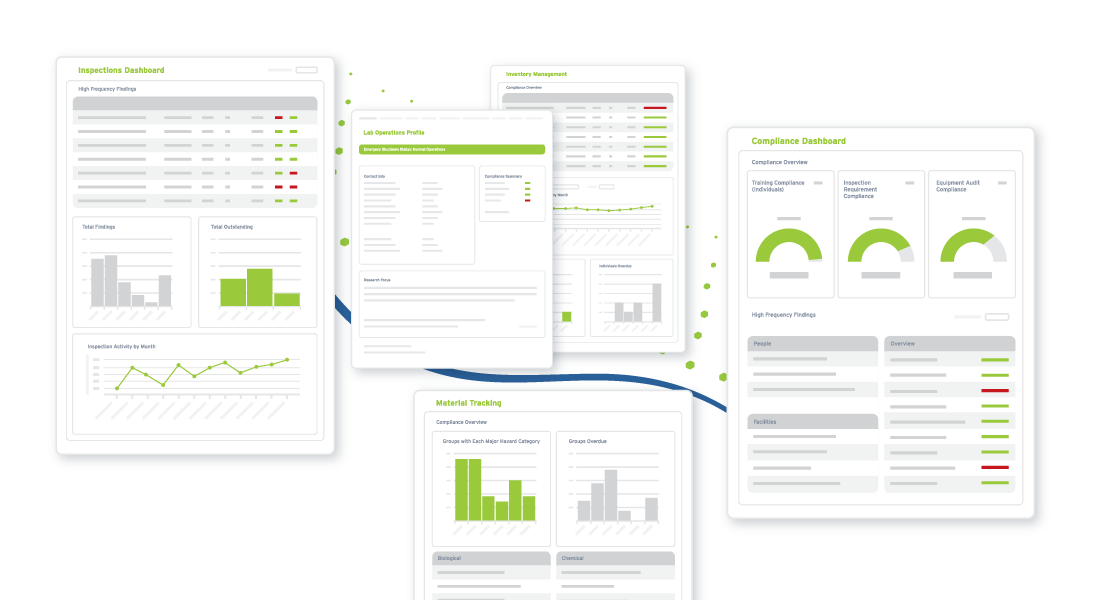How Well Do You Know the Father of Adult Learning?
Do you know his name? It’s Malcolm Knowles. In 1973 he published The Adult Learner, A Neglected Species. He is credited with the wider use of andragogy to reflect how adults learn and differentiate the process from pedagogy or how children learn.
When I was in my master’s program in adult education at the University of Southern Maine back in the ‘90s, my advisor and professor, Michael Brady, Ph.D., told us a story about Malcolm Knowles. He was the keynote speaker at a conference of adult educators in Maine.
After the usual introduction, plaudits, and applause, he spoke. “What would you like to learn?”
Now imagine you’re in the audience. You know of Malcolm and his work in your field. You’re very excited to hear him speak and interested in what this expert has to say. And he asks, “What do you want to learn?” How do you feel? What do you do?
Well, there was a pregnant pause with silence. And finally, one brave soul broke the ice, “Could you please tell me more about how you came up with your theory of adult learning?”
Malcolm smiled, “Why yes, of course – great question.” He then went on for several minutes, answering this learner’s question. “What would someone else like to learn?” And this time, he got a quicker response and another great question from a self-directed learner. And so it went – they’d caught on.
Malcolm was using the adult learning principles (ALPs) he’d written.
In particular, he was both acknowledging and helping them all to be self-directed. There are many other ALPs, including active (not passive), applicability, co-developing the agenda, immediacy of needs, and many more! [I’ll be writing a blog just on his ALPs - #6 in this series, so please stay tuned].
Let’s talk just a bit about what he meant by andragogy. Adults aren’t children – we have different needs, wants, and desires. I’m pretty sure you get this. It applies to learning, too, of course. And I’m willing to bet you’ve experienced it in yourself – I know I have. I was living alone, and a button popped off a dress shirt. No need to toss the shirt – I just need to know how to sew it on. Um, how?
I’d never learned. So, like so many of us, I searched online, found some simple how-to articles with photos, diagrams, and videos, and in about 10 minutes, I’d learned how to sew a button onto a dress shirt. Apparently, you can teach an old dog new tricks, eh? Well, at least a self-directed old dog, that is.
How much of a self-directed learner are you? And perhaps more importantly for your learners, how much of an adult learning facilitator are you, too? Do you facilitate (definition: to make it easy) the learning for your learners? Many of us in learning circles prefer the term facilitator over trainer or teacher. In fact, it’s widely used elsewhere across the globe. I traveled to Trinidad & Tobago years ago, and they introduced me as “our facilitator for our learning this week.” How cool is that?!
Be like Malcolm Knowles – facilitate active learning in others. Use his adult learning principles – trust me, you won’t regret it – and neither will your learners.
And check out heutagogy, too, while you’re at it. How heutagogical are you?
Next: Training needs assessments‚ Do not pass go, do not collect $200



